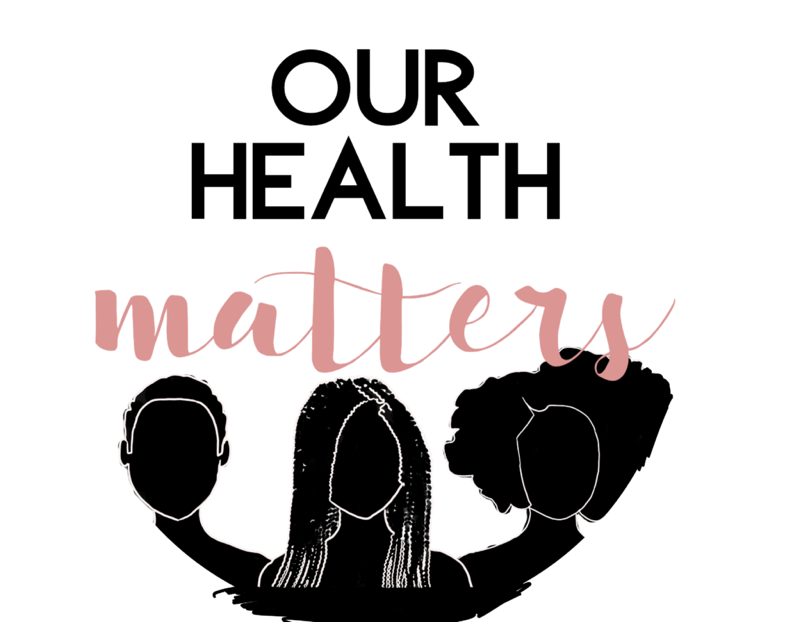In an earlier blog, I wrote about joining a new club here on campus called Our Health Matters. Our Health Matters is devoted to making sure mental and physical health is at the forefront of our daily lives during this time of uncertainty, so we have created a handbook to provide support and resources.
The Healthy Hottie Handbook was handcrafted by the women on the team to help provide guidance and love. I am extremely excited about this because it consolidates a lot of information that is helpful for staying healthy at Princeton and may also be resourceful during the COVID-19 pandemic. We know that it can be a tough time, but we are here to help and support!
OHM’s Mission Statement is to create an environment and support system that encourages self-love and self-confidence within all our members in order to support their mental and professional wellness. And they've done just that!
The Table of Contents include:
- SECTION 1. PRACTICAL RESOURCES
- SECTION 2. MENTAL HEALTH RESOURCES
- SECTION 3. PHYSICAL HEALTH RESOURCES
- SECTION 4. PROFESSIONAL HEALTH RESOURCES
- SECTION 5. SELF CARE IDEAS
A note from the team,
“This book was created in order to continue our commitment in prioritizing and supporting black women’s mental, physical, professional and personal health. Over the past few months, COVID-19 has brought immense anxiety, disruption, and hardship. We have created this handbook to help our healthy hotties live their best lives during this unprecedented time. From mental health apps and fitness routines, to internship opportunities and ideas to pass the time, we hope this handbook provides you with a plethora of ways to take care of yourself amidst all this madness. Stay safe, stay healthy, and stay beautiful, queens!
We are here for you! We believe in wellness. We believe in taking the time to nourish our minds, bodies, and spirits. We believe in the power of self-love and self-confidence. We believe in growth. Our goal is to be a part of your journey towards wellness. Follow us on Instagram @OHMprinceton!"








